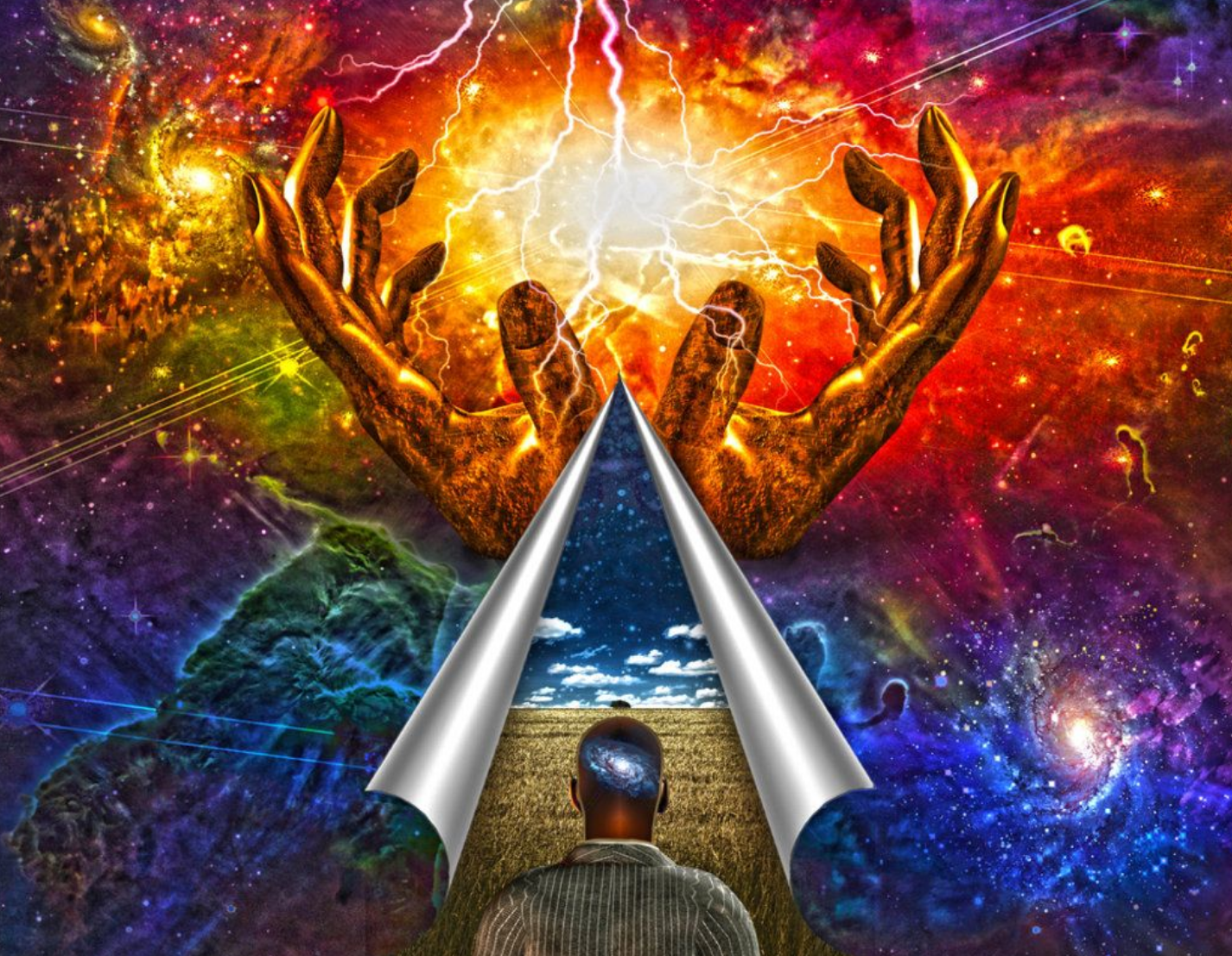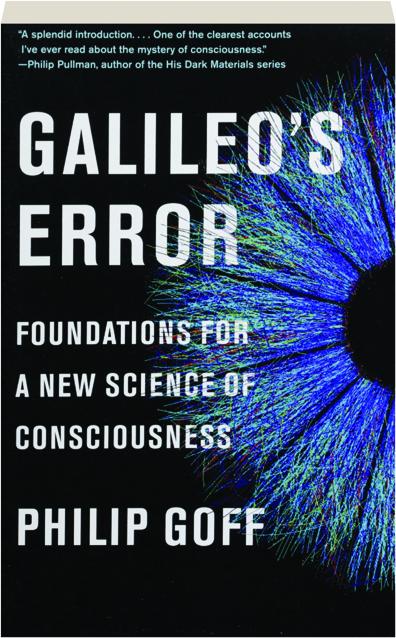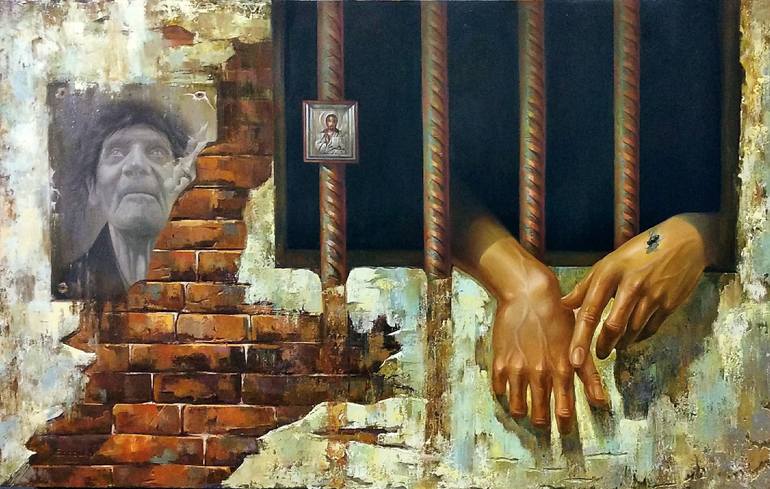- Visitor:23
- Published on:
A Universe of Meaning
One lives not in a meaningless universe but in a world with sense and purpose. However, globalized markets have eroded many traditional forms of life; international chain stores have conquered the centers of communities; advertising now fills all corners of public space. Where local beauty is preserved, it is only as a quaint museum piece for globe-trotting tourists.

In the early twentieth century, Max Weber wrote of the “disenchantment” of nature caused by modernity and the rise of capitalism. In a religious or traditional worldview, the universe is filled with meaning and purpose; as Weber put it, “the world remained a great magical garden.” The modern scientific worldview, in contrast, seems to present us with an immense universe entirely devoid of meaning, in which human beings are a tiny and painfully temporary accident.
This can lead to a sense of alienation. We seem to have nothing in common with the universe, no real home within it. The “big picture” story of the universe is one of insentient and meaningless physical processes, from which we are a senseless aberration. In the absence of a place in the universe, we have only consumerism and the endless quest for economic growth to make sense of our lives.
This problem of “cosmic alienation” has grown worse as society has become more globalized. When one is embedded in a traditional society, ignorant of the plurality of social forms across the globe, the conditioned meanings of one’s society seem to define the cosmos.

One lives not in a meaningless universe but in a world with sense and purpose. However, globalized markets have eroded many traditional forms of life; international chain stores have conquered the centers of communities; advertising now fills all corners of public space. Where local beauty is preserved, it is only as a quaint museum piece for globe-trotting tourists.
Even the mere awareness of a plurality of cultural forms can lead to alienation, by making it plain that one’s own social and moral norms are not timeless realities but contingent choices of history.
Traditional ways of life come to be seen as empty of meaning, leading to relativism or even nihilism. It is perhaps no surprise that nationalism is once again on the rise, as people grasp after something probably lost forever. Without the meaningful structures once given by traditional society, we are left with nothing but mechanistic nature and the meaningless abyss of empty space.
Panpsychism offers a way of “re-enchanting” the universe. On the panpsychist view, the universe is like us; we belong in it. We need not live exclusively in the human realm, ever more diluted by globalization and consumerist capitalism. We can live in nature, in the universe. We can let go of nation and tribe, happy in the knowledge that there is a universe that welcomes us. My hope is that panpsychism can help humans once again to feel that they have a place in the universe. At home in the cosmos, we might begin to dream about—and perhaps make real—a better world.
Source:
Philip Goff (2019), Galileo’s Error: Foundations for a New Science of Consciousness, New York, pp. 193-194.
Center for Indic Studies is now on Telegram. For regular updates on Indic Varta, Indic Talks and Indic Courses at CIS, please subscribe to our telegram channel !
- 11 min read
- 0
- 0










